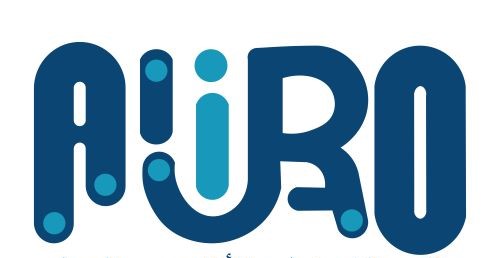Seven projects will be implemented with a total cost of 1.5 million euros as part of the "Energy Efficiency Improvement in University Buildings" project, which involves 18 Egyptian public universities under the supervision of the Supreme Council of Universities and funded by the German Development Bank (KFW). These projects are considered models that can be expanded in the future at Assiut University and will lead to a reduction in consumption by approximately 3.2 gigawatt hours.
• The green projects, which emerged from the Assiut University Green Initiative, were adopted, where two teams of students from the initiative won second and fourth place during their participation in the "ClimateThon" Global Conference organized by the Ministry of Environment in collaboration with the European Union and the German International Cooperation Agency in Egypt, held on October 30 and 31, 2023. The conference, titled "ClimateThon Upper Egypt – Towards Localizing Egypt's National Climate Strategy 2050," was conducted under the supervision of Prof. Dr. Ahmed Al-Menshawi, the university president, and Prof. Dr. Mahmoud Abdel-Aalim, Vice President for Community Service and Environmental Development. Assiut University's participation in the ClimateThon Upper Egypt event is part of the efforts to achieve sustainable development in line with Egypt's Vision 2030, by preserving the environment to improve quality of life and considering the rights of future generations, as well as implementing the National Climate Change Strategy 2050.
• The team (Eco-Fuel Innovators) won second place for their project on recycling solid agricultural waste, particularly rice straw, sorghum husks, and other agricultural residues that farmers burn, leading to harmful greenhouse gas emissions and environmental pollution. The team includes: Shamous Abdel-Samia (Faculty of Science), Dina Jamal Abdel-Nasser (Faculty of Engineering), and Bola Fares Habib (Faculty of Engineering).
• The Eco-Fuel idea is based on recycling solid agricultural waste, specifically rice straw, sorghum husks, and other agricultural residues that farmers burn, which results in harmful greenhouse gas emissions and environmental pollution. Using anaerobic bacteria and fermentation processes, these wastes are converted into biogas as the main product and other secondary products such as animal feed.
• The team (Blast-tech) also won fourth place for their project on extracting diesel fuel from plastic using pyrolysis and treatment processes to produce environmentally safe fuel, reduce carbon emissions from accumulated plastic waste, and mitigate climate change. The team members include: Youssef Mohamed (Faculty of Engineering), Nouran Alaa El-Din (Faculty of Agriculture), and Zainab Abdel-Mawla (Faculty of Medicine).
• Assiut University also encouraged one of the green project teams to implement the "Liquid Tree" project, which involves creating a container holding 600 liters of water, using microalgae to consume carbon dioxide and produce pure oxygen through photosynthesis. In this way, the liquid tree serves as a tangible and effective solution for reducing emissions and improving air quality in densely populated cities where green spaces may be limited.
• The Assiut University Green Initiative aims to raise environmental awareness among students and staff regarding sustainability, as well as to implement strategies to mitigate the effects of climate change for the benefit of our community.
1. Assiut University energy manager of project “Improving energy efficiency in university buildings” 1.5 Million Euro funded by KFW.
2. PV Stand-Alone System for Green Hydrogen Generation and Storage for a House Hybrid Loads, (PI STDF – EGYPT – from 2022 to 2024– project ID 46069 – 2,379,370 EGP).
3. An optimized AI Map for Solar Energy Maximization and Prediction (CoPI STDF – EGYPT – from 2022 to 2024– project ID 46292 – 1,415,650 EGP)

